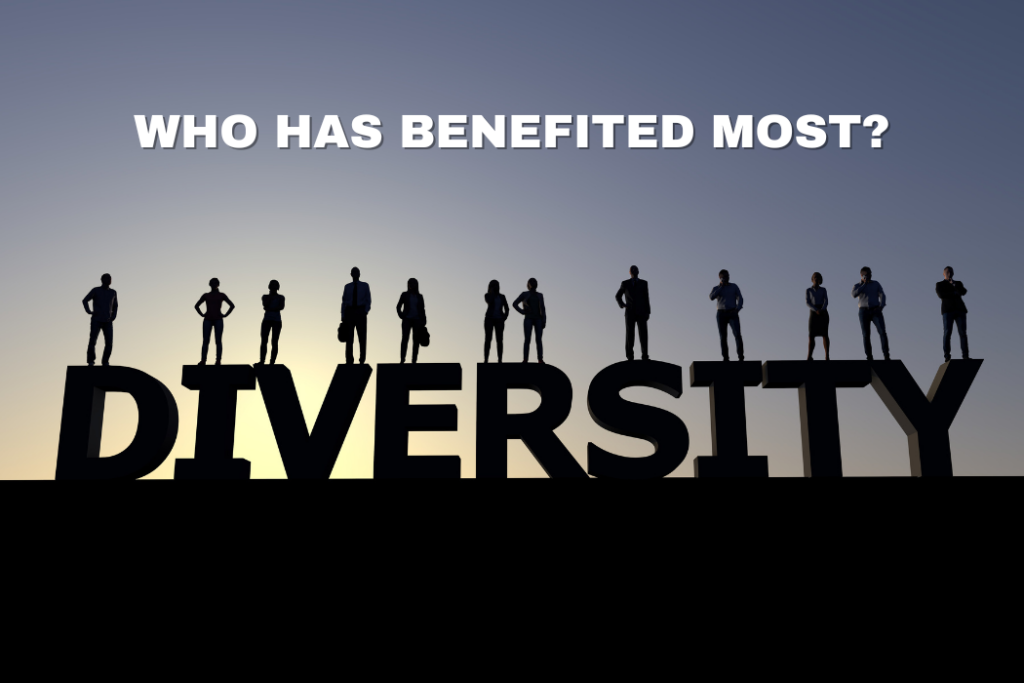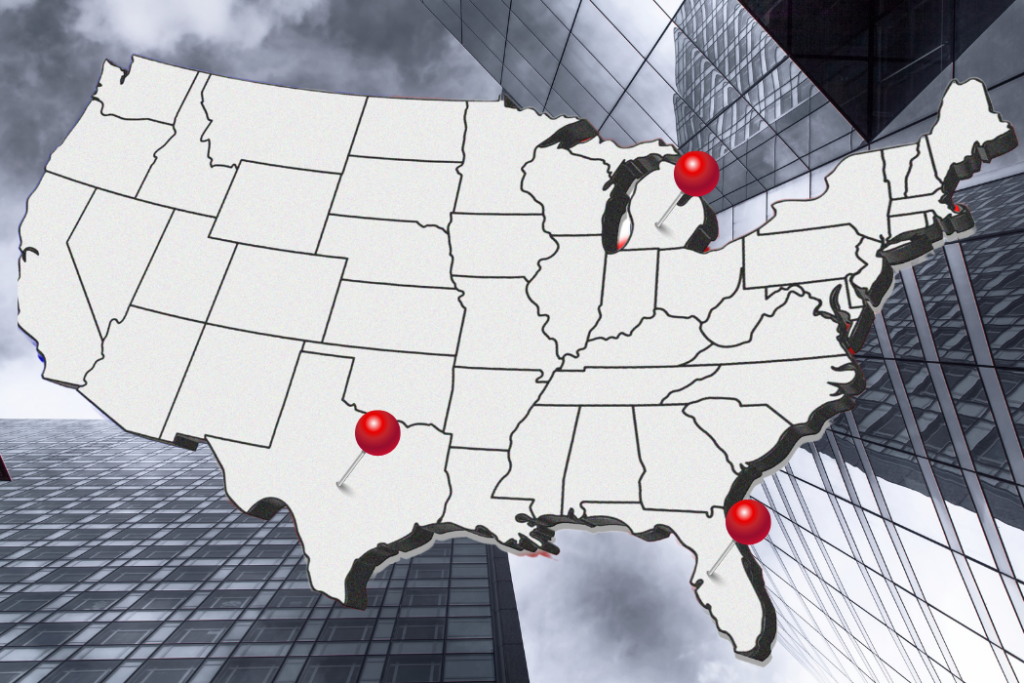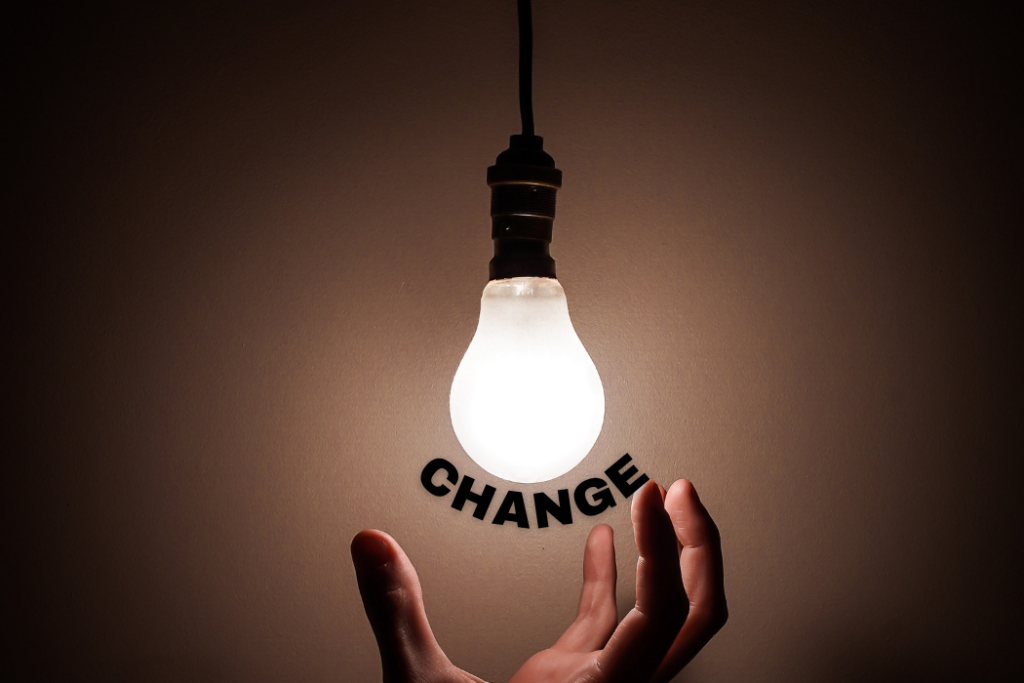
MBEs must become world-class innovators in order to survive.
I just finished reading the eponymous book Elon Musk, by Ashlee Vance. The book chronicles the entrepreneurial and innovative life of the founder of Space X, Solar City, and Tesla. (Musk was an early investor in Tesla not the incorporator of the company. But it was because of his drive and vision that it has become the company it is today. So technically, while not the founder, it is what it is because of him.) I recommend the book as a must-read for all entrepreneurs and innovators.
As I read the book, one question kept coming to mind: ”Where are the diverse entrepreneurs who are innovating and creating the future?”
Minority business enterprises have all of the pre-conditions that make for great entrepreneurs and great innovators.
- Minority business enterprises, by definition, are already in business. Although being in business does not make one an entrepreneur. But being in business puts the minority business enterprise in a position to have a front-row seat to developments in consumer behavior. Minority business enterprises that are suppliers to large corporations may not have a direct line of sight to consumers, but their connection to large corporate buyers, arguably, puts them in a better position to see trends and opportunities. The fact that minority business enterprises are in business presumably means that they have an existential appreciation for profit and loss.
- Minority business enterprises, also by definition, have struggled to overcome disadvantages associated with race and gender that are simply not in the consciousness of non-minority business enterprises. And if anyone doubts that race and gender impact decisions that affect the outcomes and opportunities for minority business enterprises, there is bridge I want to sell you in Brooklyn. Ironically, these disadvantages prepare any entrepreneur and innovator for the rough waters that must be crossed before reaching the “blue ocean” strategists tell us should be the goal. The toughness minority business enterprises have developed may not guarantee innovative success, but it certainly comes in handy.
- Minority business enterprises, because of these non-market disadvantages, have likely already had to exercise creativity in order to survive. Creativity to survive can be utilized to create new products and processes. The creative gene is one that is developed out of necessity. Those that do not possess it, die.
These preconditions are necessary, but not sufficient for minority business enterprises to become world-class innovators. The missing ingredients are vision and the ability to work harder and smarter than seems humanly possible.
Vision is the skill that great innovators have that is undeveloped in most of human society. Humans tend to be creatures of habit. We wake up at the same time. We eat the same foods. We socialize with the same people. We spend our money in the same ways. That is, until something new comes on the scene that totally transforms how we behave. This something new, is what innovators bring. The successful innovation appears to come to the market whole, almost as if it was effortlessly brought forth from nothingness, and the common refrain from the common person is — “Why didn’t I think of that?” Yet, behind the often simplicity of the innovation is a vision of an alternative to the current state. To make this vision a reality requires overcoming great challenges. Innovation is like pushing a heavy stone up a hill. It is completely unnatural — against the customs of community and laws of science. “It cannot be done,” and some even claim, “It should not be done.” The hill is too high. The rock is too heavy. It is foolish and dangerous. Why not just settle in and do what everyone else has always done? But the innovator, the true entrepreneur, blocks out the naysayers, and perhaps even the voices in her own head telling her to stop. Innovators do not stop. They continue to pursue the goal. They continue to push the rock up the hill because they have the vision that sees that once at the top, it is downhill. Minority business enterprises that desire to be innovators must have this type of vision and desire.
Secondly, minority business enterprises must be willing to work harder and smarter than anyone and everyone in their industry. Innovation is not easy. Great innovators, like Musk, Thomas Edison, Andrew Carnegie, Bill Gates, Steve Jobs, Larry Page, Dave Steward (World Wide Technology), and others were not the greatest in their fields. However, they were able to inspire others to work as hard as they could to make their collective dreams a reality. Minority business enterprises need to be able to accept this enormous challenge and develop those skills to get others to help you pursue that vision that will transform a product, an industry, and even the world. Musk isn’t simply trying to make money; he acts as if his mission is to save humanity. Can you think of goals and efforts that are worthy of your genius? It is time for minority business enterprises to become the innovators and entrepreneurs of the next decade. You are ready.













